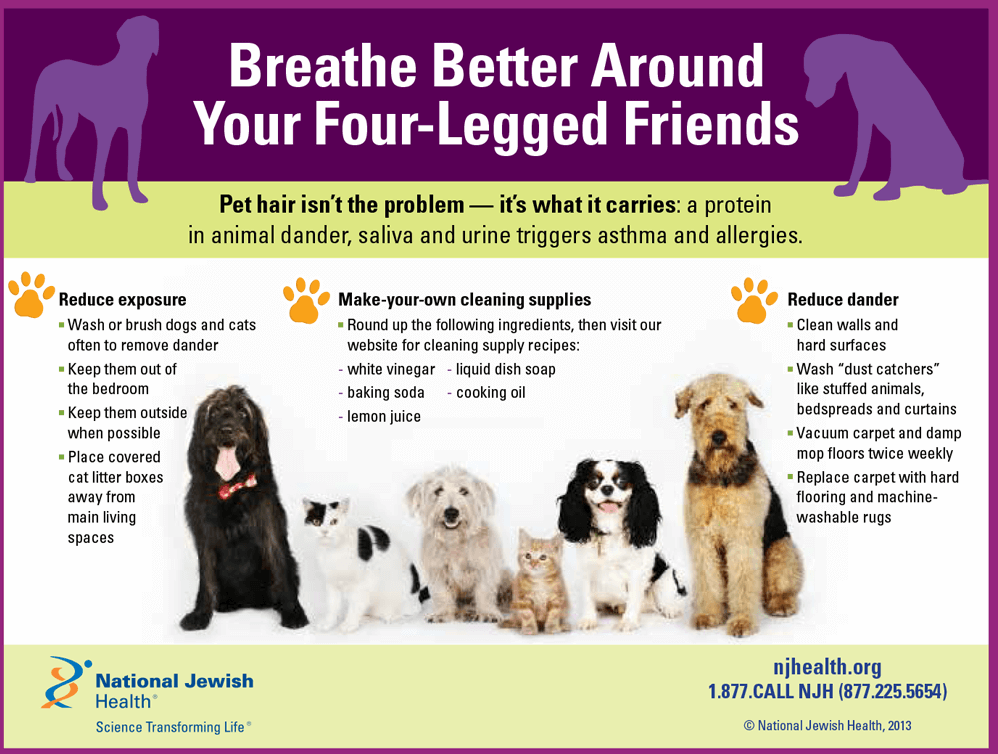Dog Daycare During Renovations
Dog Daycare During Renovations
Blog Article
What Vaccinations Are Required For Pet Childcare?
Whether your pet dogs hang out at daycare or boarding centers, they need to be up-to-date on every one of their needed vaccinations. Core vaccinations consist of Bordetella, rabies and DA2PP, which guard against usual conditions that canines are revealed to when in close contact with others.
Non-core vaccinations consist of canine influenza and leptospirosis shots. These are suggested for puppies that mingle with other dogs frequently.
Core Vaccinations
As a vital part of precautionary care, dog vaccinations help maintain dogs secure from contagious conditions transmitted with straight contact or polluted surface areas. Vaccines promote the body immune system to create antibodies that battle condition, and many veterinarians consider core pet dog vaccines to be crucial for all animals.
Rabies
A lot of respectable pet daycare facilities call for that your pet be up to day on their rabies inoculation. Vaccinations are provided to pups as early as 12-16 weeks old, and boosters are required every three years or two until the adult years. Rabies is a fatal viral illness that spreads via saliva, commonly from bites. Many states require rabies vaccinations for all dogs and cats, and some also mandate rabies boosters for family pet proprietors.
Distemper/Parvovirus/Adenovirus (DHPP).
This combination vaccination covers canine distemper, parvovirus, liver disease, and adenovirus, all of which are very infectious. A lot of vet workplaces offer DHPP vaccinations as one shot or in a collection of two to four shots, offered 2-4 weeks apart, adhered to by a yearly booster. This vaccine is a need for the majority of boarding and dog day care facilities, along with numerous groomers.
Bordetella/Canine Parainfluenza Injection.
Bordetella bronchiseptica, commonly called kennel coughing, is a very contagious respiratory infection caused by the germs that causes the disease. Signs consist of consistent coughing, sneezing, nasal discharge, and high temperature. A lot of kennel cough episodes happen in congested settings, such as daycare or boarding centers, and are especially typical in warmer weather. This injection is a need for many childcare and boarding facilities, and is commonly offered in a mix with the DHPP vaccination.
Leptospirosis Vaccine.
This is a microbial disease that spreads via contaminated water, soil, and pee. Infection can cause kidney and liver damages, along with death, and is transmissible to people. The majority of vets will certainly advise this vaccine, based upon geographic location and way of living of the pet, for dogs that hang out outdoors or at boarding centers, along with some groomers. This vaccine is normally carried out as a series of two to 4 shots, spaced 2-4 weeks apart, with a yearly booster required for best dog boarding many family pets.
Lyme Condition Injection.
One of the most common tick-borne illness in the USA, Lyme condition is transmitted by the deer tick and can result in fever, joint discomfort, muscular tissue soreness, and anorexia nervosa. The Lyme condition vaccination protects against one of the most widespread strains of the virus, including the H3N8 and H3N2 strains. A lot of vet clinics recommend this injection, especially in risky locations, such as the Northeast, top Midwest, Mid-Atlantic, and along the Pacific shore.
Noncore Vaccines.
Other canine injections, while not needed for all pet dogs, are recommended based on the canine's way of life and geographical place. These consist of the following:.